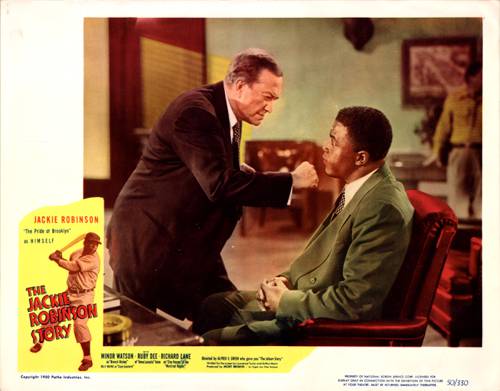
FAQ About The Cultural Impact of Biographical Films in Media

What is a biographical film?
A biographical film, or biopic, is a film that dramatizes the life of a historical figure or group of people. These films aim to tell a truthful or adaptive story about the protagonist's life, achievements, and struggles, while often incorporating dramatization for cinematic effect.

How do biographical films influence the public perception of historical figures?
Biographical films can significantly affect public perception by highlighting certain aspects of a historical figure's life, often influencing viewers' understanding and opinions. Through narrative choices and character development, these films can sway public sentiment and reshape reputations, sometimes overshadowing less glamorous aspects of the individual’s life.

In what ways do biographical films contribute to historical narratives?
Biographical films contribute to historical narratives by bringing stories of historical figures to the mainstream audience, thereby influencing how we remember and discuss history. They can either reinforce existing narratives or challenge them by presenting new perspectives, thus playing a critical role in how history is conveyed and understood.

Why might a biographical film choose to alter factual details of a person's life?
Filmmakers may alter factual details for various reasons, including artistic license, the need to condense complex life stories into a concise format, or to enhance dramatic appeal. These alterations are often intended to make the story more engaging for audiences, although they can sometimes lead to controversies around historical accuracy.

Can biographical films be considered reliable sources of historical information?
While biographical films can offer insights into a historical figure's life, they are not always reliable sources of factual information. These films often prioritize storytelling over strict adherence to historical accuracy and may include fictional elements to enhance the narrative. It is advisable to cross-reference with historical records for a more accurate understanding.

What role do biographical films play in shaping cultural memory?
Biographical films play a significant role in shaping cultural memory by depicting compelling life stories that stick with audiences, thereby influencing what is remembered and emphasized about historical events and figures. Their widespread reach means they often become the primary means through which people engage with historical narratives, contributing to collective cultural memory.

How do biographical films select which parts of a historical figure's life to highlight?
The selection process for which aspects of a subject’s life to highlight is typically guided by the filmmakers' narrative goals, including the intended message or theme of the film, the dramatic potential of certain events, and the aspects that resonate most strongly with contemporary audiences. Decisions may also be influenced by available source material and public interest.

What are some common criticisms of biographical films?
Common criticisms of biographical films include historical inaccuracies, biased portrayal, oversimplification of complex life stories, and a tendency to glamorize or villainize subjects. Critics also argue that these films may prioritize entertainment over education, thus impacting the public's understanding of historical facts.

Do biographical films have an educational value?
Yes, biographical films can have educational value as they introduce audiences to historical figures and events they might not otherwise encounter. They can spark interest in learning more about a subject and serve as a springboard for further exploration into the historical context, although they should be supplemented with other educational resources for a complete understanding.

How do biographical films differ from documentaries?
Biographical films differ from documentaries primarily in their narrative style and purpose. While documentaries strive to present factual, unbiased accounts of events or people, biographical films often employ dramatization and creative storytelling to engage audiences emotionally. Documentaries focus on conveying information and facts, whereas biopics aim to entertain while informing.
